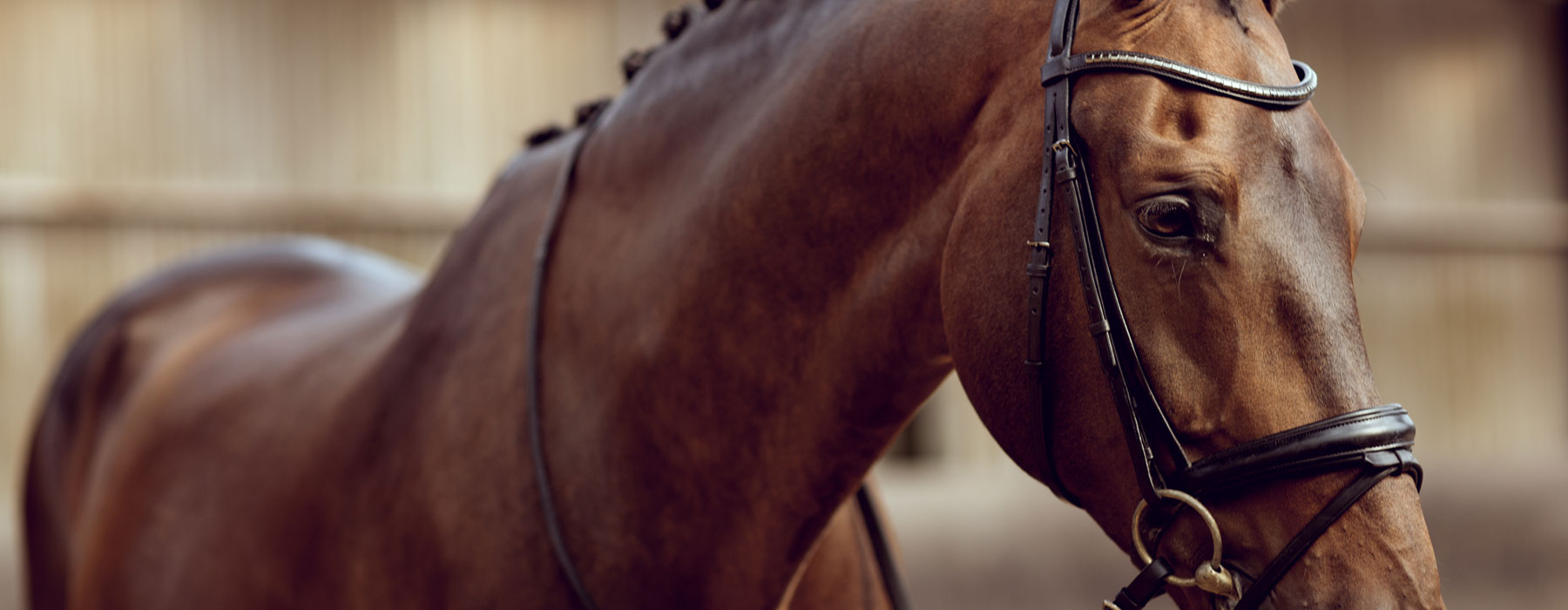Will I Win My Claim
If you’ve never had an equine law claim before here’s a helpful guide to what expect. While each claim is different, they all follow the same procedure whether you were injured whilst working with horses or whilst learning to ride them.
As soon as you instruct us, our equine claims solicitors will send a letter of claim to the other party’s insurance company telling them what their insured did and putting them on notice that you’re making a claim against them.
From then on, we’ll be focused on recovering the maximum amount of compensation for you and that will come down to two factors known as liability and quantum. Liability simply means did they cause the accident, and if so, were they 100% liable. Quantum means how much compensation should they have to pay you.
Liability
Once they receive our letter of claim, your opponent will have to set out their position in respect of liability. They will either admit liability in full, deny it, or admit their insured was partly at fault but allege that you contributed to the accident too.
If liability is denied, or partly disputed, we will conduct full liability investigations. We’ll obtain a copy of the police report, take statements from witnesses and carry out any other investigations required.
Valuing the claim
If your claim relates to personal injury, the more serious you’re injured the more you will get in compensation. You will receive compensation for your pain, suffering and loss of amenity, and also for any financial losses that were reasonably incurred as a result of the accident.
These tend to relate to loss of earnings, veterinary bills, loss of use, care provided by family and friends etc. There are many other things that you are entitled to claim for and we will take you through it step by step.
Rehabilitation
Even when liability is still being disputed, the defendant insurer will often agree to pay for private rehabilitation which tends to be very effective.
This is not offered out the goodness of their hearts, they’ve simply realised that it’s more cost effective to pay for private rehabilitation at the outset, even in liability disputed claims, than refusing to offer rehab only to find out that an injured horse rider, who they are could have rehabilitated, has developed a permanent injury resulting in a far higher settlement.
Medical evidence
We will obtain our own medical evidence to prove how badly injured you are. This will involve you being examined by an independent medical expert who will write a report detailing the injuries that you have sustained.
The first medical expert instructed is often an orthopaedic surgeon but they may recommend that we send you to an expert in a different discipline depending on your injuries.
The medical experts might ask for further scans or tests to be carried out to enable them to give a definitive prognosis. We will arrange scans (MRIs and X-rays are the most common). In such circumstances, we recommend you follow their advice.
We understand that is annoying to be poked and prodded but it really is worth your time. The clients that recover the maximum possible damages for their claim are the ones who have their injuries fully documented.
Offers
Once we have the evidence we need to support your claim, we can present it, in full, to your opponent and enter into settlement negotiations. This will generally entail a few rounds of offer and counter offer, but once all the evidence is complete your case will usually settle quickly.
Each case is different, but we’ll always advise you on how to recover the maximum possible compensation.
Will I have to go to court?
It is unlikely that you will have to go to court, however we can’t rule it out.
You must be willing to go to court but, in reality, the vast majority of cases settle before trial.
It is easier for the defendant’s insurer to settle than for them to incur the cost of taking a well-prepared, well-argued case to court.






